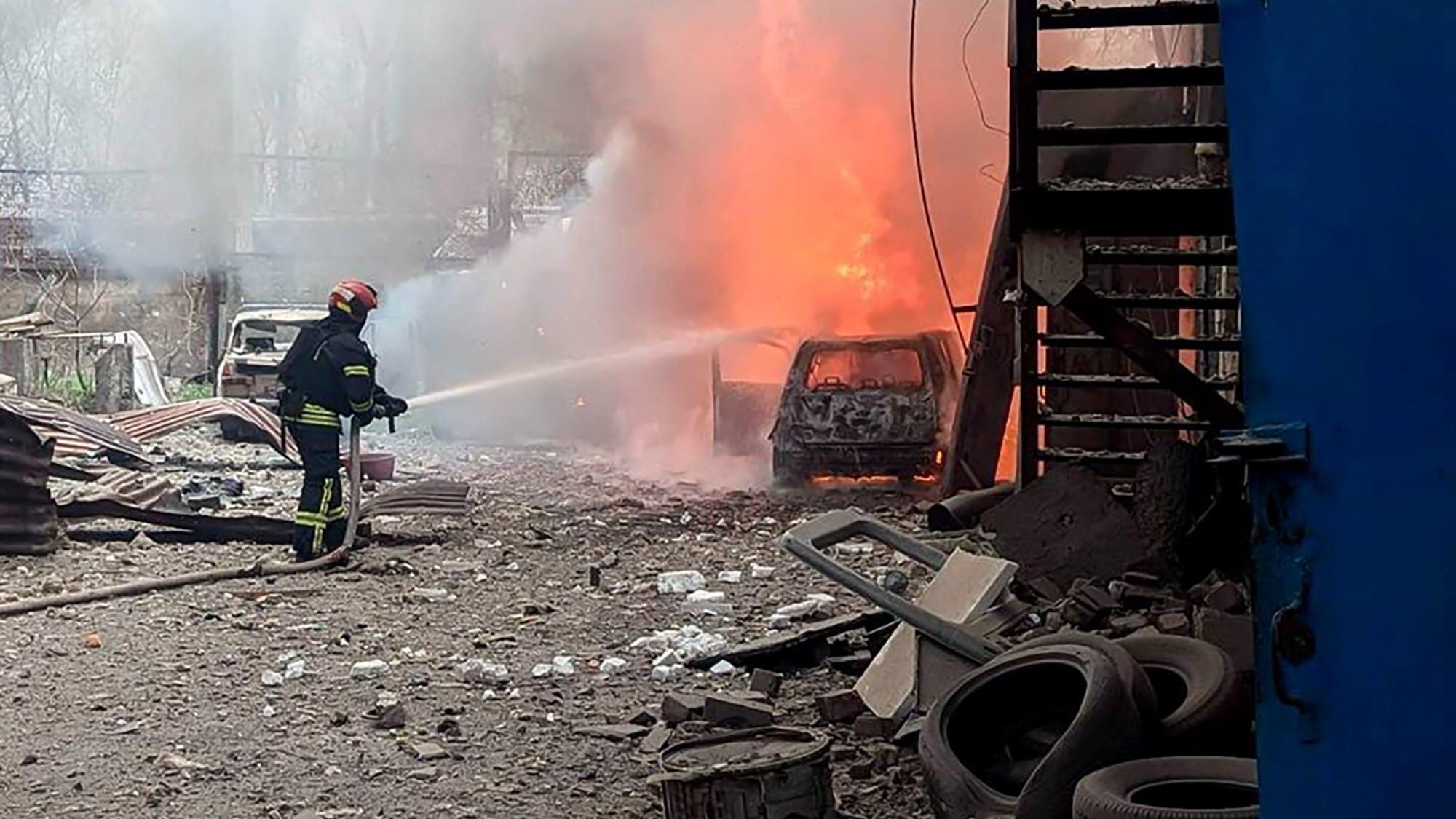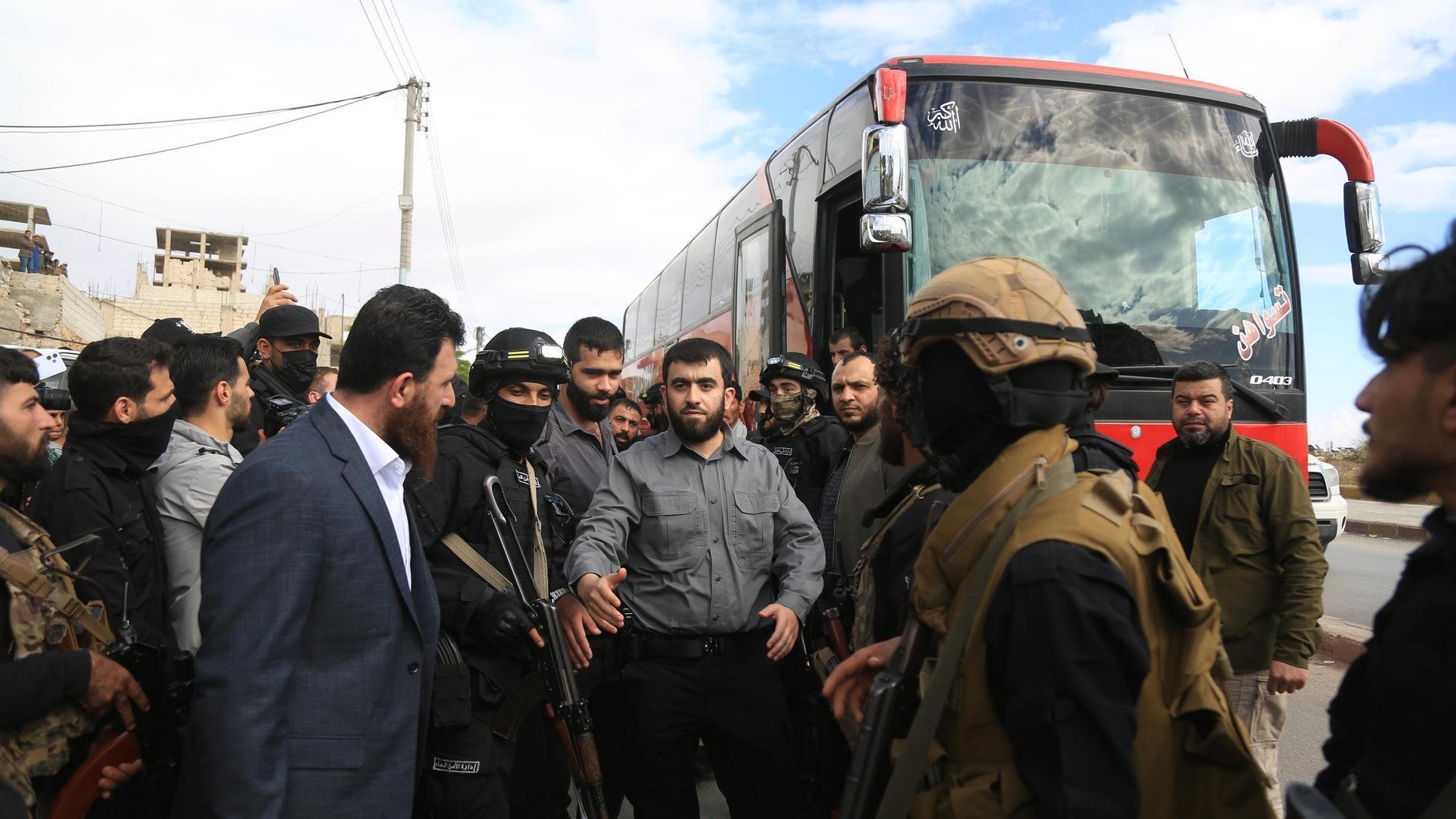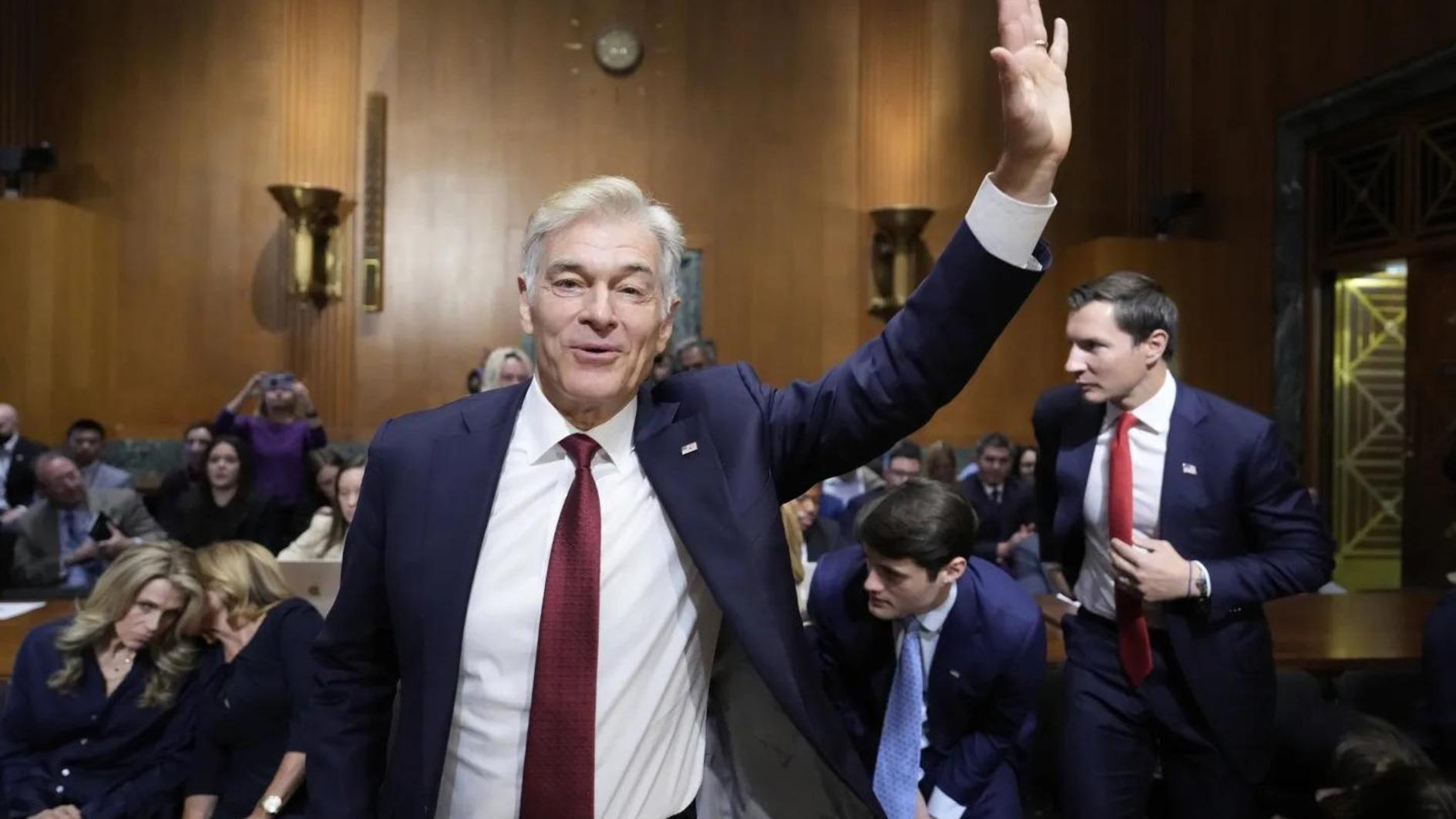Middle East dominates Erdoğan’s agenda
Prime Minister Recep Tayyip Erdoğan is today meeting U.S. President Barack Obama in Washington. Among the many issues that need to be discussed are the impact on Turkey of the possible free trade agreement between the U.S. and the EU, the peace process in Turkey, energy cooperation, U.S. force withdrawal from Afghanistan, bilateral economic cooperation, Turkish-Israeli relations, various Middle Eastern problems etc. However, the Syrian civil war and recent explosions in Reyhanlı will no doubt top the agenda. Although the Syrian regime denied involvement, Turkish officials suspect the Syrian intelligence agency, Mukhabarat, of instigating the car bombings that killed 51 people and wounded many more on May 11.
The Syrian civil war has been complicated by the involvement of regional actors and is now showing increasing possibilities for spilling over into neighboring countries. This is an eventuality that both Turkey and the U.S. wish to avoid. Yet, they are also increasingly diverging in their rhetoric on how to end the conflict in Syria, while their overall policies have been synchronized for some time. The U.S. wishes to avoid another international operation in the Middle East, has no intention of using U.S. soldiers for that and has been very reluctant to extend its support to the opposition groups. Turkey, on the other hand, calls for a regime change in Syria with the support of the international community and recently suggested establishing a no-fly zone over Syria to support the opposition.
Yet, the meeting between U.S. Secretary of State John Kerry and his Russian counterpart Sergei Lavrov last week indicated that they are moving toward a different direction. As they agreed to encourage the Baas regime and the opposition groups for a negotiated solution and to convene an international conference by the end of the month to find a solution, Bashar al-Assad might find a place for himself in the future of Syria for the foreseeable future. This eventuality is not on Turkey’s wish list. As the Syrian opposition groups will meet in Istanbul on May 23 to decide whether to participate in such a conference, Turkey could play an important role in the outcome.
The current instability in Iraq will be another critical issue during Erdoğan’s visit. Turkey wishes to extend and implement its energy agreements with the Kurdish Regional Government despite the objections of the Nouri al-Maliki government. The U.S. has been opposing such an agreement, as it would challenge the balances within Iraq. The U.S. seems to be moving closer to the al-Maliki government in order to prevent a further alliance between Iraq and Iran.
A related discussion point could be the withdrawal of the PKK forces from Turkey into northern Iraq and their possible future activities, either in Iraq or in neighboring countries. The latest peace process in Turkey has so far been a result of a homegrown plan. The U.S. might wish to learn more about its scope and Turkish assessment of what it would mean for regional balances.
The recent moves toward Turkish-Israeli reconciliation with U.S. mediation have not yet led to full normalization. This would be one of the issues that Obama might wish to bring to the table, while Erdoğan might bring his wish to be involved in the talks between Iran and the P-5. As the exemption of Turkey from U.S. sanctions for its oil imports from Iran is coming to an end, Turkey will ask for an extension, since sanctions against Iran hurt the Turkish economy too.
The Middle East-related issues will no doubt dominate the agenda of Erdoğan’s visit. The outcomes of the meetings will be important not only for Turkish-American relations, but also for the entire region. As Kerry stressed after the Reyhanlı bombings, “Turkey is a ‘vital interlocutor’ for the U.S. in the region.











